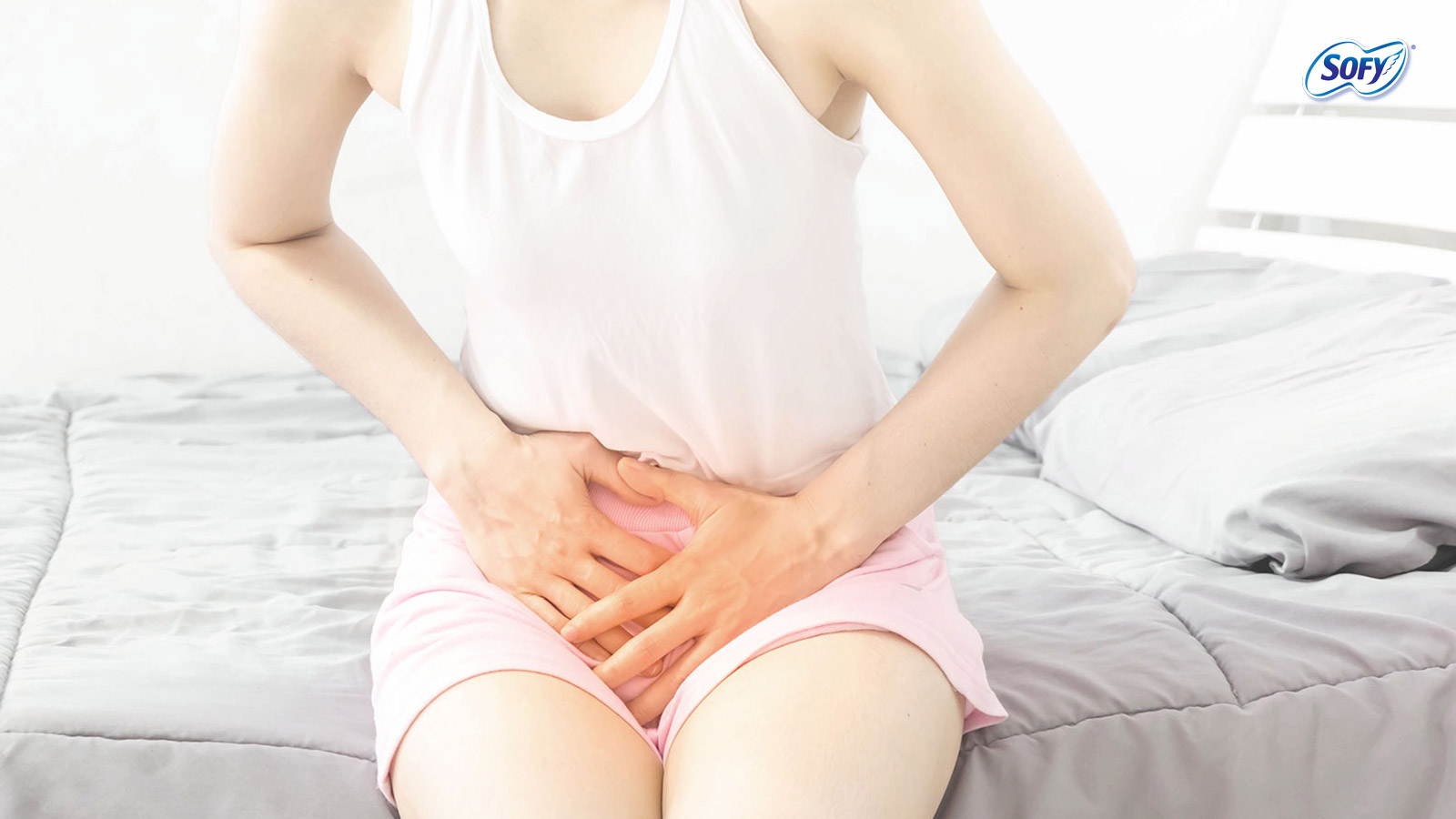Urinary tract infections (UTIs) affect the urinary tract, kidneys, ureters, bladder and the urethra. UTIs are caused because of reasons like the presence of bacteria in the bowel, fungi and viruses. There are certain symptoms including the pain/burning while peeing, passing out cloudy urine, witnessing blood/puss in the urine and acute cramping in the body which indicate that your body is suffering a UTI. Below are a few natural treatment options one can choose from for treating the infection:
-
Urinate Often
Girls and women who easily catch the UTIs should develop the habit of peeing frequently. Peeing often helps in flushing out the bacteria from the urinary tract which will prevent the occurrence of an infection. If the urine remains longer in the bladder, there are chances of the bacteria getting multiplied.
-
Urinate after intercourse
It is important to urinate after the intercourse because there is a risk of transfer of bacteria from the genital area and the anus into the bladder. Immediately urinating after an intercourse helps in flushing the system off the bacteria that might have multiplied and caused UTI.
-
Drinking enough liquid
Drinking large amounts of liquid helps in flushing out the unwanted bacteria from the urinary tract. Drinking more water helps in diluting the urine and increasing the no. of times one goes to urinate.
-
Keep the Genitals Clean
Keeping the genital area clean with water and mild soap is important to prevent the growth of bacteria. There is a chance of bacteria getting into the bladder and urethra during intercourse which might cause UTI.
-
Avoid using irritant products
To keep the vagina protected from any sort of infection, one should not use deodorant sprays, bubble bath liquids and bath oils. All these products irritate the bladder and are a primary cause of UTIs. Because of the use of such products, sometimes the vaginal flora starts getting disturbed which leads to an infection. In addition to the above-mentioned tips, one should wear cotton underwear which are breathable and should avoid wearing tight-fitting clothes. During the time of periods, changing pads and tampons often is necessary.
FAQ’s
2. Why is urinating after sexual intercourse important?
Sofy points out that after intercourse, bacteria from the genital or anal area can travel toward the urethra and bladder. Urinating right after intercourse helps flush any bacteria away before they can multiply, reducing the risk of a UTI.
3. How does drinking lots of liquids help reduce UTI risk?
Drinking plenty of water dilutes the urine and increases the number of times you urinate. This helps flush bacteria from the urinary tract before they have a chance to cause infection, making hydration a simple but effective preventive strategy.
4. Can certain personal care products increase the risk of UTIs?
Yes. Using scented sprays, bubble baths, bath oils or other irritant products in the genital area can disturb the vagina’s natural flora or cause irritation around the urethra, increasing the risk of bacterial infection. Sofy advises avoiding such products.
5. How does underwear choice affect UTI risk?
Sofy highlights that wearing cotton, breathable underwear and avoiding tight-fitting or synthetic clothes helps keep the genital area dryer and cooler. Moist, warm environments support bacterial growth, so breathable fabrics help reduce the risk of infection.
6. What is the connection between bladder emptying and UTIs?
Incomplete bladder emptying or delaying urination gives bacteria more time to multiply in urine that stays in the bladder. Sofy emphasises the habit of urinating whenever you feel the urge rather than holding it in, to lower UTI risk.
7. Why is wiping from front to back recommended?
After using the toilet, especially for people with vaginas, wiping from front to back prevents transfer of bacteria from the anal area toward the urethra. This simple hygiene step is one of the preventive measures listed by Sofy.
8. Does menstruation affect UTI risk and how?
While the Sofy article doesn’t focus specifically on menstruation, it mentions that hygiene is important when using pads or tampons and that changing them on time helps. Poor hygiene or prolonged use of soiled menstrual products might contribute to bacteria growth, raising UTI risk.
9. How often should you clean the genital area to prevent UTIs?
Sofy recommends cleaning the genital area with mild soap and water, ensuring it’s kept dry and clean. The article implies regular cleansing (at least daily) and especially after activities like bathing or sexual intercourse, to reduce bacterial exposure.
10. When should someone see a doctor regarding UTIs?
If symptoms such as burning while urinating, frequent urges to urinate, cloudy or strong-smelling urine, or lower abdominal pain appear, a medical check-up is advised. Although the Sofy article focuses on prevention, recognising these symptoms early and consulting a doctor helps avoid complications.

